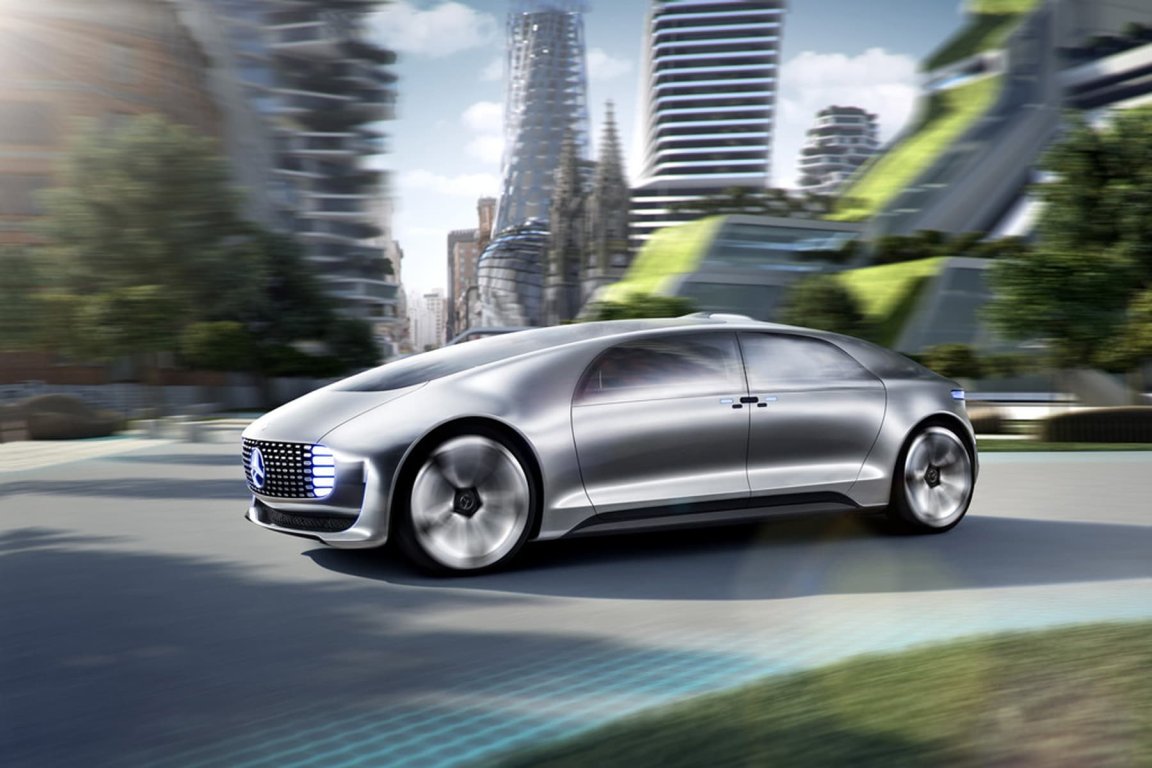
Transformative Technology
Our society demands mobility—in fact, much of the new technology being introduced in this modern age is anchored in this fact. Unfortunately, a significant portion of our population, those people with visual impairments, are unable to capitalize on this.
However, the promise of truly autonomous vehicle technology is becoming a reality. Enter: Optimus Ride, a startup in Cambridge, Massachusetts that is developing self-driving technologies for electric vehicles. One such vehicle was used to shuttle students and staff around the Perkins campus, the U.S.’ oldest school for the blind, using a laptop as a guide.
“Autonomous vehicles will be transformative for people who are blind,” says Dave Power, president and CEO of Perkins.
“For the first time, they will be able to get to school, work, and community activities independently, regardless of distance. There is tremendous enthusiasm about it, both here and nationally, among the blind.”
Optimus Ride
Advocates for the blind say this advancement is set to revolutionize their lives by giving them more independence. After the demo, Perkins employees gave Optimus Ride numerous suggestions, such as making sure to provide adequate floor space for service dogs.
They also emphasized the need for a non-visual interface that passengers could use to communicate with the car. It could function using voice-over technology or haptic feedback, much like the gesture-based screen readers the blind use on their smartphones.
Jim Denham, Perkins’s educational technology coordinator, anticipates creating an app that will work alongside the vehicle. It will summon the vehicle and give periodic status updates about the vehicle’s progress.
In the end, this isn’t just about creating self-driving vehicles for the blind. Advocates like Power want car makers to be sure they are creating disability-friendly autonomous vehicles.